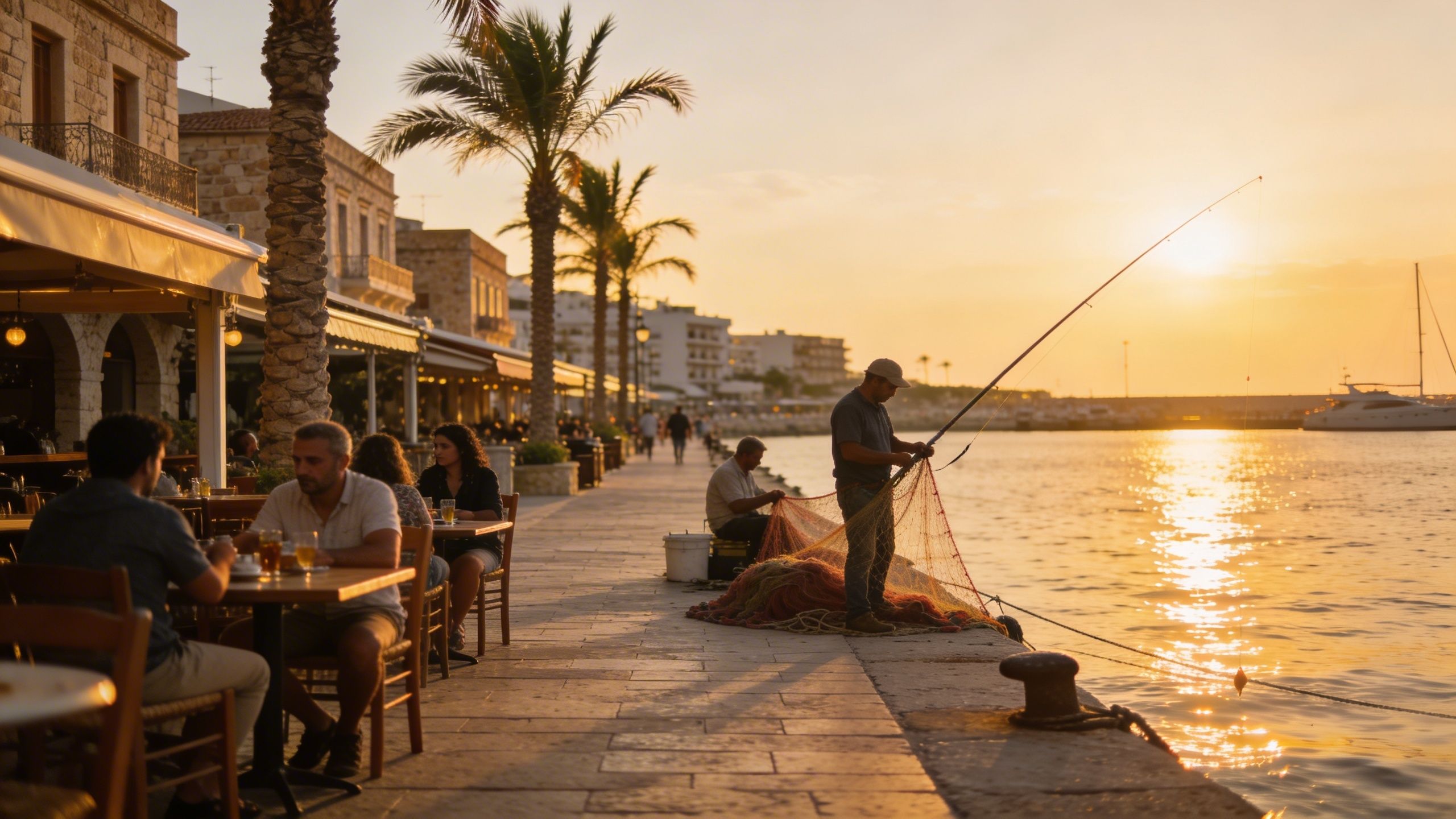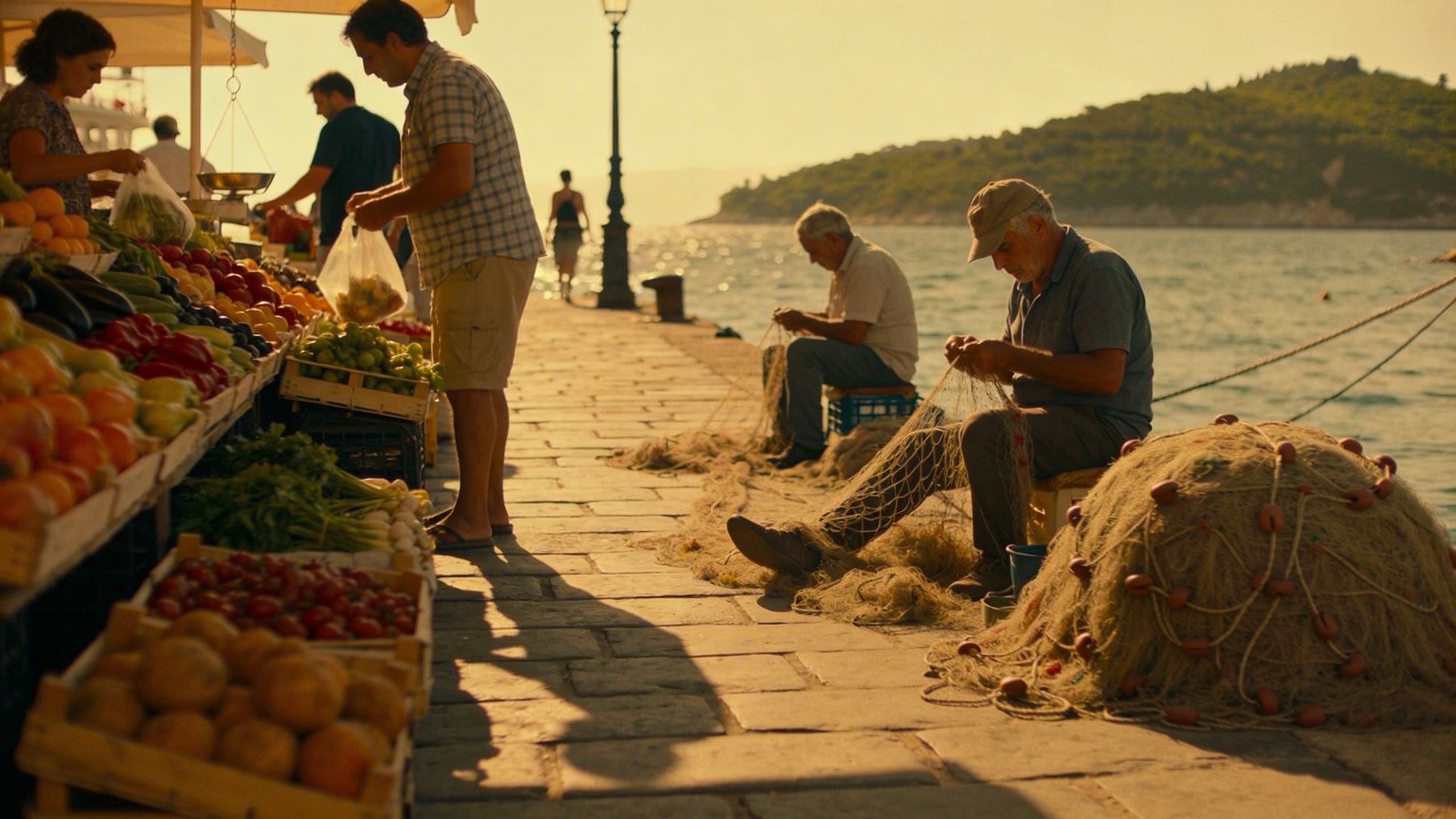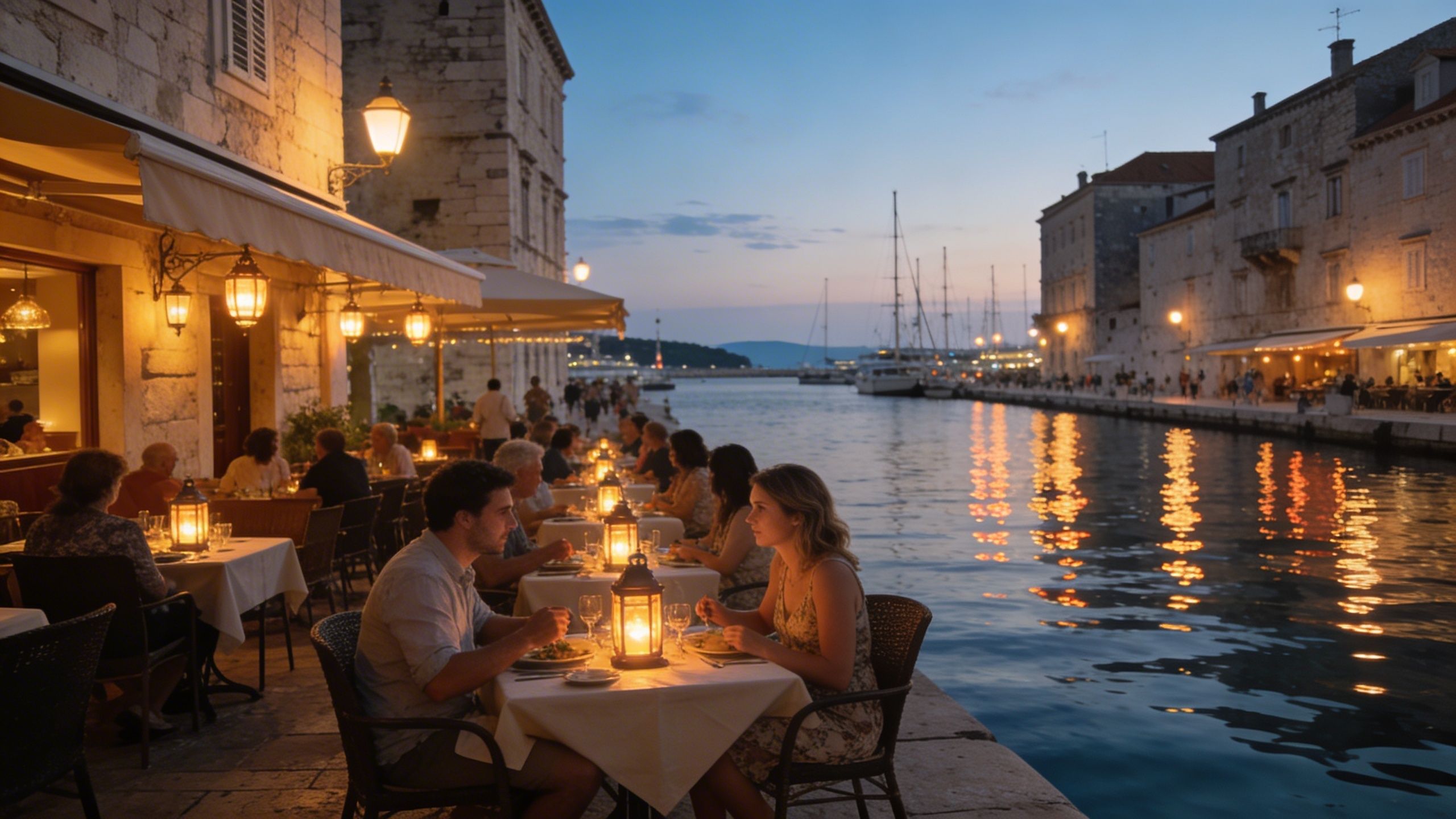Greece: Streets, Stewardship and the Legal Lens
How post‑2024 legal changes, ENFIA updates and Golden Visa reforms reshape lifestyle choices and the practical steps international buyers must take in Greece.
Imagine a late afternoon in Anafiotika, the limestone steps warming underfoot, a café pitcher of cold freddo espresso on the table and the Aegean folding into the horizon. That feeling — ordinary, sunlit, slow — is what draws many of us to Greece. Yet the legal landscape that turns that dream into an address has shifted materially in the past two years; recent market analysis shows policy and tax changes that affect where and how international buyers should look. (Sources below provide concrete changes and numbers.)
Living the Greek life — what you actually wake up to
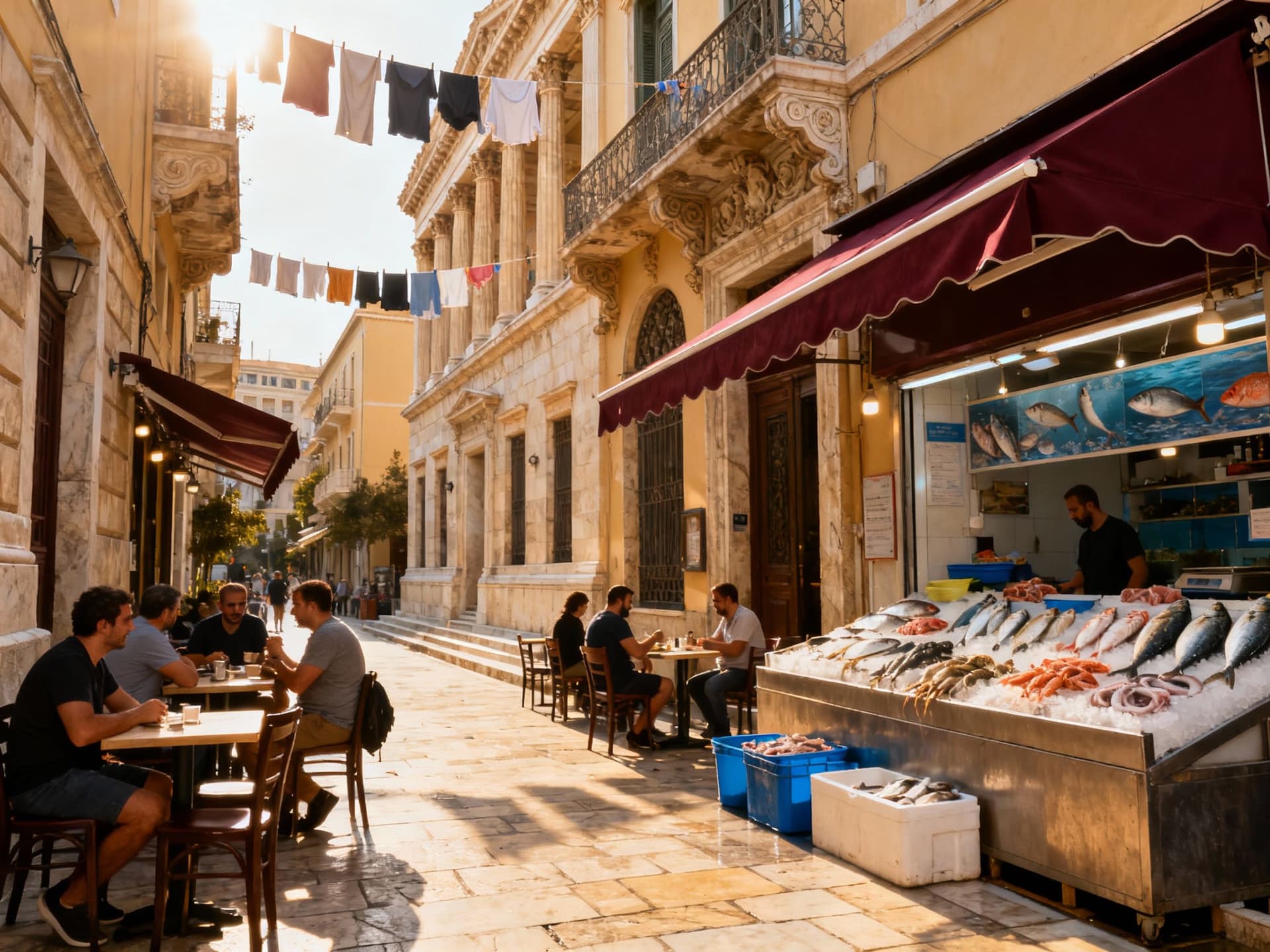
Day-to-day life in Greece is ruled by neighbourhood rhythms: market mornings in Koukaki, espresso talks on a Koumoundourou street bench, fishermen hauling crates at Piraeus at dawn. Whether you choose a restored neoclassical in Plaka, a maisonette above Agios Nikolaos on Crete, or a whitewashed Cycladic villa in Ios, the senses govern decisions — light, sea breezes, the smell of baking bread — and they should shape the kind of property you invest in as much as legal constraints do.
Neighbourhood spotlight: Athens — Koukaki, Kolonaki and Exarchia
Koukaki offers the easy life of tree‑lined streets, small galleries and tavernas — excellent for those who want everyday culture within walking distance. Kolonaki is composed and discreet, with patrician townhouses and restrained boutiques; it suits buyers seeking architectural pedigree and privacy. Exarchia remains bohemian and unpredictable, a place where younger creatives congregate; as a buyer you trade polish for energy. Each micro‑address produces different legal and tax realities — building uses, permitted renovations and rental demand vary street by street.
Food, markets and seasonality that shape property life
Weekends begin with fishmongers at Varvakios Market and end with late family suppers under bougainvillea. Seasonal festivals — the olive harvest in October across the Peloponnese, the Feast of Panagia in August on island towns — animate neighbourhoods and affect short‑term rentals and local services. If your property will be a lived home rather than a speculative let, choose areas whose rhythm matches the life you want to lead; otherwise, local rules on short‑term leasing and taxation will determine viability.
- Lifestyle highlights: real streets, real pleasures
- Morning espresso at Little Kook (Plaka), market walk at Varvakios, dusk swim at Vouliagmeni, Sunday olive‑press visits in Mani, island ferry to Hydra for a day trip.
Making the move: practical considerations that preserve the lifestyle
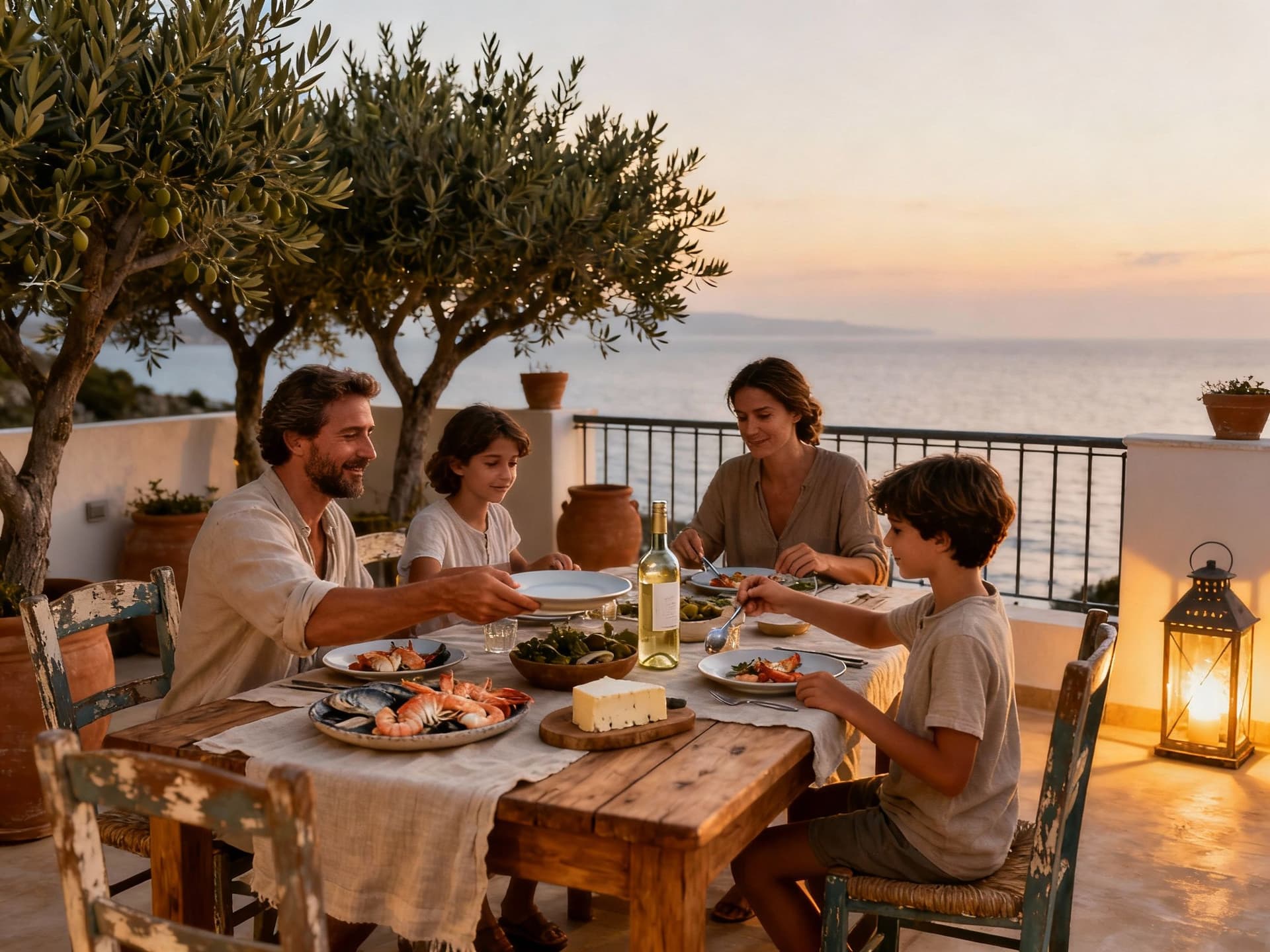
The romance of narrow lanes must meet legal clarity. Recent legislative reforms — notably changes to residency‑by‑investment thresholds and tightening of documentation — have reshaped which properties make sense for buyers seeking residency or investment. Understanding these rules early prevents emotional purchases that prove costly when legal limits or tax treatment are applied.
Property types and how they inform use
A restored listed building in Nafplio offers provenance and tax incentives but will carry preservation obligations and slower permitting for modern interventions. A new build in Attica may be easier to adapt for remote work and insulation upgrades, but recent VAT and registration rules can affect transactional costs. Choose a property type that aligns with the life you want to live — garden dinners, winter heating, artisanal restoration — and budget for the particular legal process it requires.
Working with local experts who actually know the streets
- 1. Retain a Greek lawyer for title and cadastre checks — the Hellenic Cadastre is incomplete in some regions and a lawyer will confirm encumbrances. 2. Ask agencies for recent ENFIA estimates and how insurance discounts apply; AADE’s online tools list assessments. 3. Confirm Golden Visa eligibility with an immigration specialist if residency is part of the plan. 4. Commission a structural and seismic survey — Greece’s seismic zones make this non‑negotiable. 5. Budget for notary, transfer tax and registration; amounts differ if the buyer is an individual or a legal entity.
Insider knowledge: what expats wish they’d known
Expats tell a common story: they under‑estimated recurrent costs and over‑relied on seasonal impressions. Property feels inexpensive in August, when restaurants bustle and ferry timetables are generous; in January the same street can feel closed and municipal services slower. Tax updates — notably ENFIA adjustments and the post‑2024 Golden Visa regime — have real consequences for expected yields and residency planning. Check the AADE portal for exact ENFIA liabilities and recent government notices before you sign.
Cultural & practical integration: ways to belong
Learn basic Greek phrases, frequent a single kafeneio, register with the municipal office (dimos) for residency paperwork, and join local cultural associations; these simple steps smooth processes such as utility transfers and municipal permits. Neighbourhood familiarity also reduces the chance that permit refusals or zoning surprises will stall restoration plans.
Longer‑term realities: stewardship and succession
If you intend the property to remain in the family, plan for inheritance tax and the mechanics of transmission under Greek law. Simple steps now — a Greek‑law will, up‑to‑date cadastre records and clear title chains — prevent expensive disputes later. Stewardship of historic fabric requires both respect for craftsmanship and realistic budgets for ongoing maintenance.
- Red flags local agents will watch for
- Unregistered extensions on cadastre, unclear utility easements, recent change of use without permits, unusually low price that implies hidden debt or taxes, and properties bought under Golden Visa grace periods with incomplete documentation.
- 1. Request a certified extract from the Hellenic Cadastre for the plot and building. 2. Have a Greek lawyer prepare a deed of sale review and confirm any mortgages. 3. Commission a licensed structural and energy inspection. 4. Confirm tax liabilities with AADE and ask for a recent ENFIA statement. 5. Ensure utilities are transferable and check municipal zoning prior to exchange.
Conclusion: Greece rewards the patient buyer. The life here — market mornings, late dinners, quiet courtyards — is readily available, but legal shifts in residency and tax policy mean the prudent buyer pairs aesthetic judgment with local legal expertise. Work with a team that knows streets as well as statutes: a lawyer, an accountant with AADE experience, and an agency that moves between Koukaki cafés and municipal offices. Take the time, secure clean title, and the house becomes a life rather than a liability.
Former Copenhagen architect who relocated to Provence, offering relocation services, market analysis, and a curator’s eye for authentic regional design.
